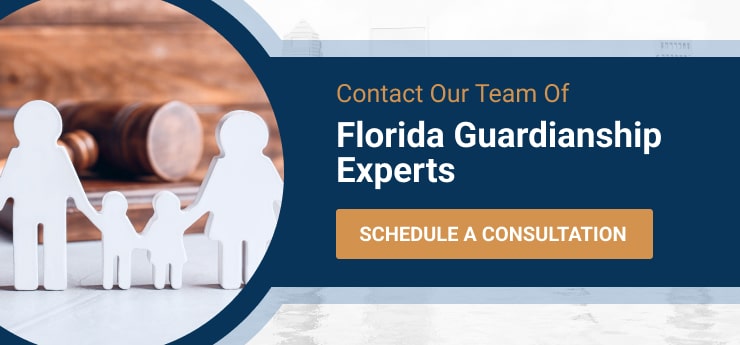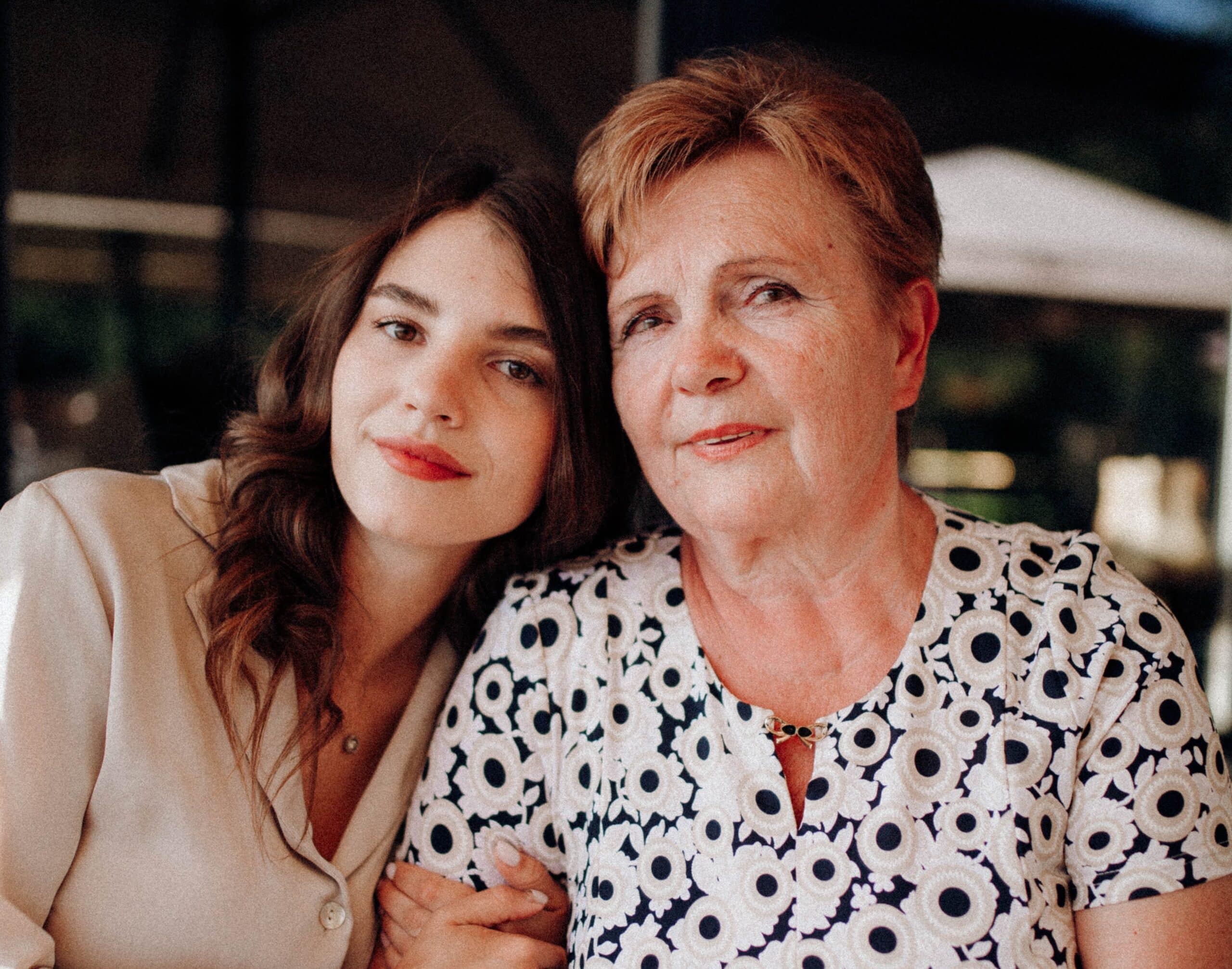Legal guardianship is required in certain situations when a person needs oversight for some reason. How far does a guardianship go, and what does it cover? We’ve got the answers to commonly asked questions about guardianship.
What is guardianship?
Guardianship is a legal process used for people who can no longer make or communicate good decisions about themselves or their property. It can also be utilized when someone has become susceptible to undue influence or fraud. Establishing guardianship should be used as a last resort after all other alternatives have been considered because guardianship can substantially impact an individual’s rights.
What are the available alternatives?
- Case/care management
- Health care surrogacy
- Representative or substitute payee
- Trusts
- Durable powers of attorney for property or health care
- Joint checking accounts
- Living wills.
- Community advocacy system
- Community agencies/services
- Supported decision-making networks
How is guardianship established?
Considerable due process protection exists when establishing guardianship because this legal process removes the individual’s rights. Protections include notice to the individual of all proceedings and the individual’s attendance and legal representation at all court proceedings. The individual has the right to compel, confront, cross-examine witnesses, present evidence, and have a jury trial. The court may limit the guardian’s authority and impose the least intrusive measures available, ensuring all possible autonomy. The court defines the guardian’s authority, and the guardian must operate within the confines of the court’s ruling. Guardians can be a family member, a friend, or a court-appointed public or private entity.
Which rights can be impacted by guardianship?
Ideally, the guardian will consider the person’s wishes under guardianship when making decisions for that individual. The court removes the rights that the individual can’t handle, which may include:
- Determining residence
- Consenting to medical treatment
- End-of-life decisions
- Having a driver’s license
- Trading in property
- Owning weapons
- Filing lawsuits
- Voting
- Marrying
What’s the difference between guardianship of a person and guardianship of an estate?
The guardian of a person takes responsibility for the individual’s residence, medical treatment and non-medical services, the release of confidential information, and end-of-life decisions while maximizing independence in the least restrictive manner. The guardian of an estate is responsible for managing assets and property, both tangible and intangible.
How can a person’s rights be restored?
An effective guardianship’s ultimate goal is the restoration of the individual. An annual review and assessment by the court monitor guardianship’s continued need and the potential restoration of rights.













